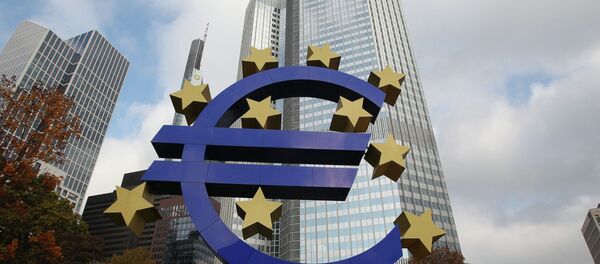"We need development economics, and this is something all European countries are looking for. Greece was the first to struggle for this, but as we can see, there are people who think the same way everywhere, we want to become an example for everyone in Europe," Milios told Sputnik.
He mentioned that the austerity measures, that the previous government adhered to, triggered a "humanitarian crisis for the most vulnerable groups of society."
According to Milios, the renegotiation of the debt will touch upon domestic tax policy, though the exact steps the new government will make are still unclear. "We are asking for some fiscal space so that the country can have an opportunity for economic and social growth."
Milios explained that the debt rose from 115 percent to 175 percent GDP as the austerity measures provoked the current shrinking of the country's GDP.
New Finance Minister Yanis Varoufakis announced last week that the Greek government would not seek to extend the bailout program and would not cooperate with the troika, which includes the European Commission, the European Central Bank and the International Monetary Fund.
In 2010, the troika agreed to a $146 billion bailout package for Greece to prevent a default on its massive debt and imposed strict austerity measures as part of the country's economic adjustment program.
The left-wing Syriza party that gained victory in the latest parliamentary elections in Greece vowed to revise Greece's highly unpopular austerity measures.




